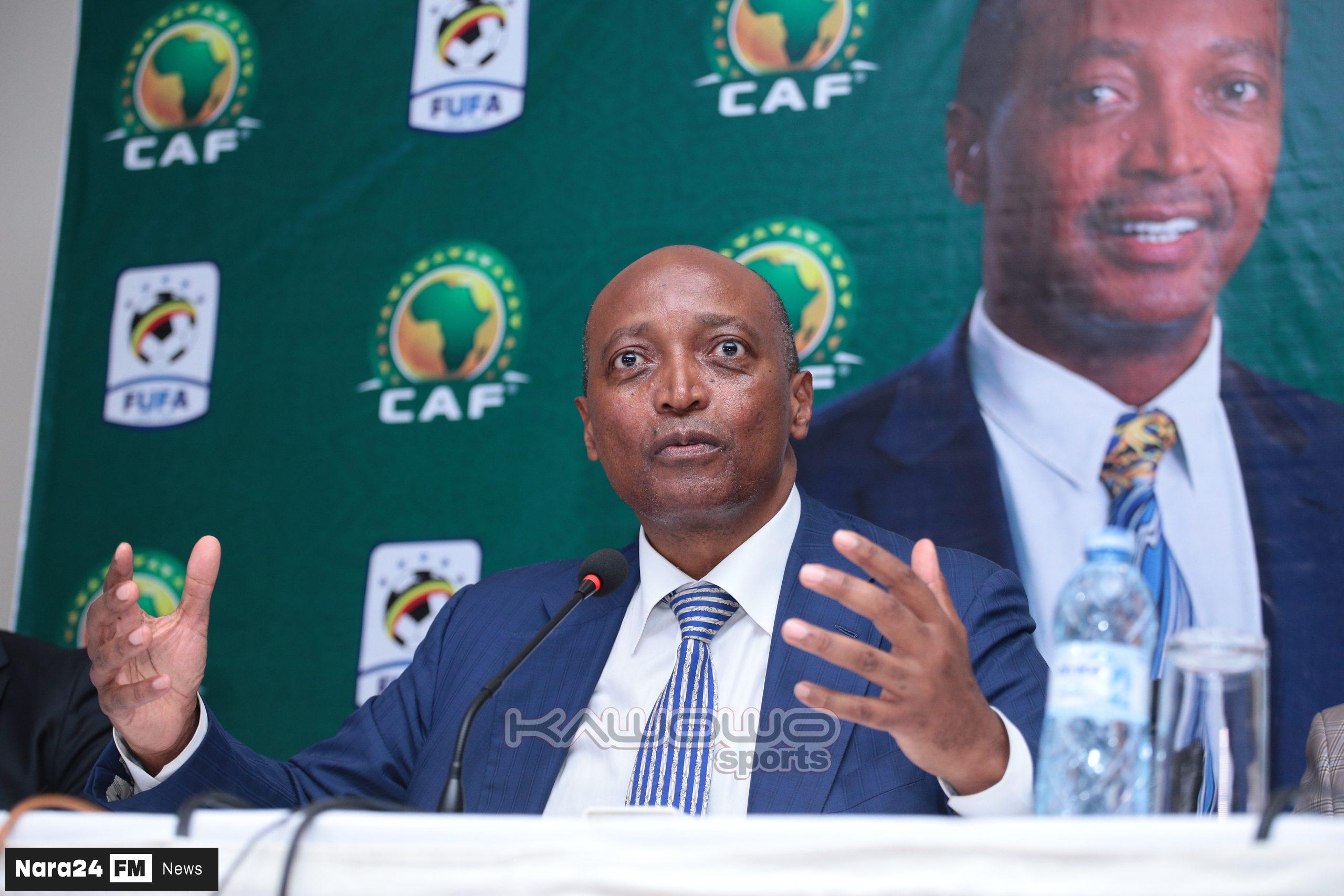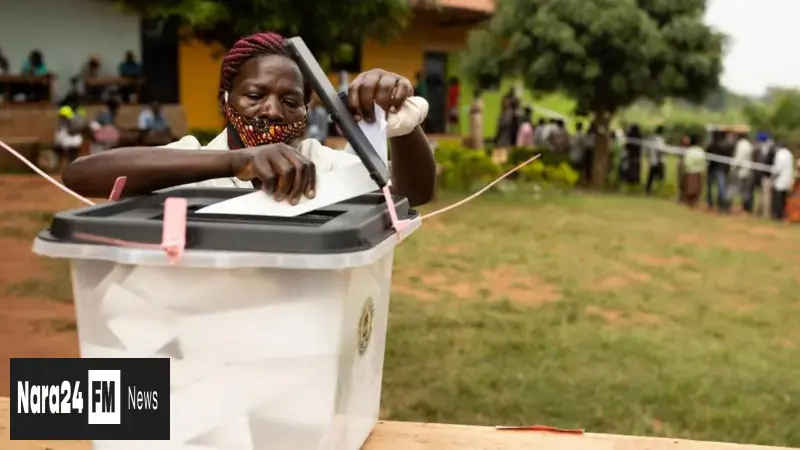In This Article
- President Museveni's Bid for Re-election
- NRM Nomination Process
- Party's Roadmap for Selection
- Support for Museveni's Leadership
- Concerns about Museveni's Rule
- Implications for Uganda's Political Landscape
Key Takeaways
- President Museveni is obtaining nomination forms for the roles of NRM national chairman and presidential flag-bearer for the 2026 re-election bid.
- The NRM's internal process to select its top leadership for the upcoming elections will begin with the collection of expression of interest forms from June 26 to July 1.
- President Museveni's long tenure in power since 1986 is praised for bringing stability to Uganda but faces criticism for stifling internal democracy and limiting competition within the NRM.
- Museveni's participation in the 2026 elections is expected to reinforce his control over Uganda's political landscape, sparking debates on succession and the implications of his extended rule.
- Concerns exist, especially among the youth demographic, that Museveni's prolonged rule may hinder the emergence of new leadership within the NRM.
President Yoweri Museveni is on the verge of solidifying his bid for re-election in the 2026 polls by obtaining nomination forms for the roles of NRM national chairman and presidential flag-bearer. This move was announced by the NRM Electoral Commission chairperson, Dr. Tanga Odoi, during a press conference.
Dr. Odoi confirmed that President Museveni will personally collect the expression of interest forms for both positions, kickstarting the NRM's internal process to select its top leadership for the upcoming elections. The party's roadmap indicates that the expression of interest and nomination form collection for all Central Executive Committee (CEC) positions will take place from June 26 to July 1, with formal nominations set for July 4.
Museveni, who has been in power since 1986, is lauded by his supporters for bringing stability to Uganda after years of civil unrest. His leadership is viewed as crucial for maintaining internal unity, economic stability, and regional security influence, particularly in light of Uganda's proximity to volatile neighboring countries.
However, there are concerns regarding Museveni's prolonged rule, especially among the youth demographic, where many see it as an impediment to the emergence of new leadership. Critics argue that his dominance within the NRM has stifled internal democracy and limited genuine competition within the party.
As the nation heads towards the 2026 elections, Museveni's participation in the internal race is expected to reinforce his control over Uganda's political landscape. The debate on succession within the NRM and the implications of Museveni's extended tenure are likely to remain at the forefront of the political discourse leading up to the elections.








Comments (0)
Leave a Comment
Be the first to comment on this article!